Can you cure neurodermatitis?
introduction
Atopic dermatitis is a chronic disease that progresses in attacks. This means that acute flare-ups occur again and again between longer symptom-free phases. So far it has not been possible to cure neurodermatitis, which is why symptomatic therapy with anti-inflammatory and itch-relieving creams is in the foreground. In many cases the disease can be treated well and the quality of life of those affected increases. In addition, the symptoms usually go away on their own in the course of life: more than 60 percent of children with neurodermatitis no longer have any signs of the disease as adults.
Can you cure neurodermatitis?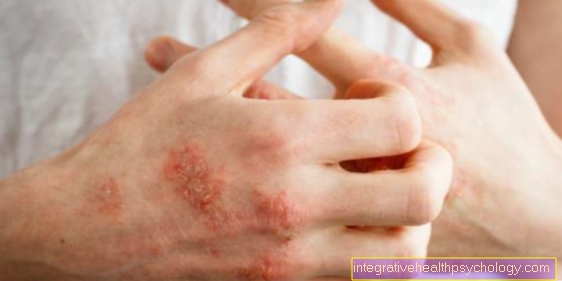
Why there is no cure atopic dermatitis
The skin disease neurodermatitis (also known medically as atopic eczema) develops in people with a genetic predisposition due to hypersensitivity to certain substances. A complete cure of neurodermatitis has not yet been possible. Even if patients are symptom-free for a very long time (often for several years), they are not considered cured in conventional medicine, but are in a "symptom-free interval".
In order to answer the question of why neurodermatitis has so far been considered incurable, one must first deal with the pathomechanism, i.e. the development of the disease process. Patients with neurodermatitis suffer from an imbalance in the immune system, as a result of which the body's own structures in the skin are falsely recognized as "foreign" and attacked. As a result, inflammatory skin changes and eczema foci develop (see also: Eczema of the skin), which are accompanied by severe itching. Therefore, neurodermatitis should not be seen as a skin disease, but rather as a kind of allergic reaction to the body's own structures.
Studies have shown that genetic predisposition plays an important role in the development of neurodermatitis. People who have certain changes in their genes are therefore more prone to developing atopic dermatitis at one point in their life. But as with many chronic diseases, it's not just genes that play a role. Living conditions and environmental factors also contribute to whether genetically predisposed people develop neurodermatitis or not.
This fact is called “multifactorial”: the onset of the disease depends on the interaction of several factors. This is precisely what makes it so difficult to completely cure neurodermatitis. While certain triggers that trigger new flare-ups can be avoided by the patient, the genetic component of neurodermatitis cannot yet be treated. However, research into new therapies gives hope for new treatment options for neurodermatitis in the near future.
Do you suffer psychologically from the symptoms of your neurodermatitis?
- Find out more about this through our article: Neurodermatitis and the psyche - what is the connection?
What can I do to improve symptoms?
Patients can take some measures themselves to improve symptoms of atopic dermatitis. First of all, it is important to identify triggers that cause disease. The easiest way to do this is with a so-called allergy diary, in which it is noted whether you have symptoms, what was eaten, what the weather was like, etc. a new atopic dermatitis attack can develop.
Various foods also aggravate the symptoms of neurodermatitis and these should be avoided. Nevertheless, patients should ensure a balanced and varied diet, as this strengthens the body and promotes general well-being. If patients take care to avoid these triggers, the quality of life can be significantly improved.
Even if it is difficult for those affected, scratching is an absolute no-go with neurodermatitis! This damages the skin even more and the agonizing itching increases as a result. It is best if neurodermatitis sufferers cut their fingernails as short as possible - this avoids unnecessary injuries if one does scratch oneself. Proper skin care is of course very important for atopic dermatitis (see also: Skin care for neurodermatitis). Moisturizing and cooling creams that are applied to the affected skin areas are best. Baths with bath additives from the Dead Sea also help against the symptoms.
Read more on the topic: Superinfection or these creams can help with eczema
Will it be possible to cure neurodermatitis in the future?
Intensive research is currently being carried out on so-called immunomodulators. These are locally used drugs that are supposed to inhibit the misdirected immune reaction that occurs in neurodermatitis. New scientific studies also deal with the development of so-called gene therapies. The attempt is made to identify genes that cause disease in patients with neurodermatitis and then to repair the defective genes in a targeted manner.
It remains to be seen whether neurodermatitis will be curable in the future with these innovative treatment approaches. However, medical progress enables better and better treatment. New medication and the recognition of triggering factors can significantly reduce both the frequency of new flare-ups and the severity of symptoms.

.jpg)

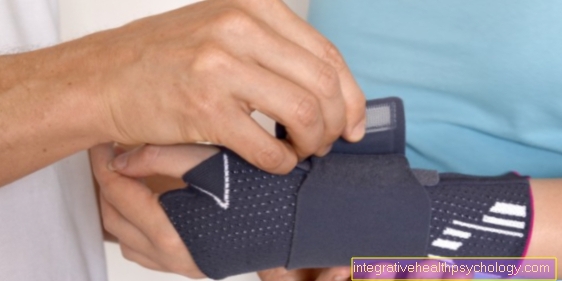
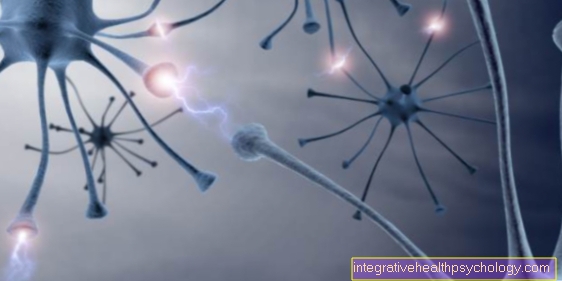



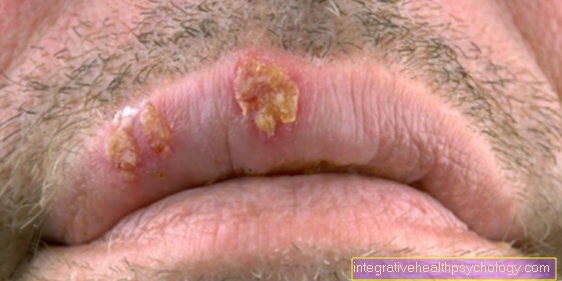




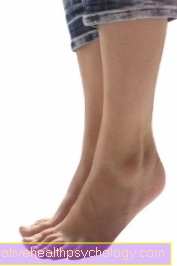






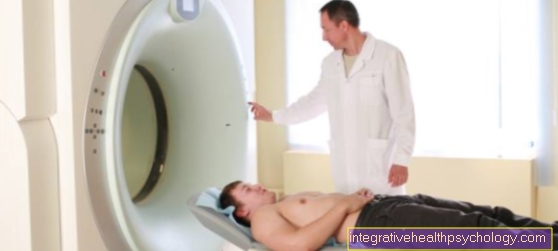
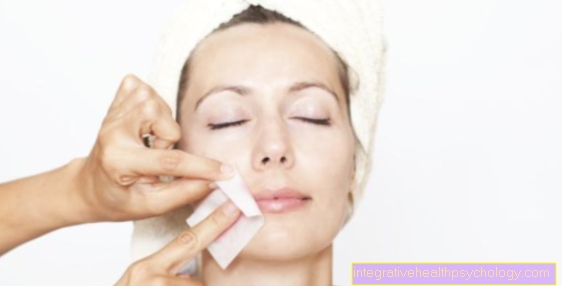
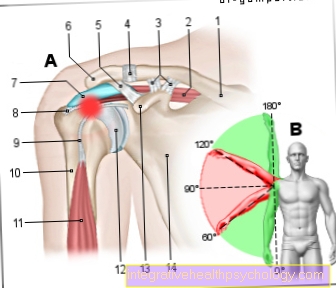
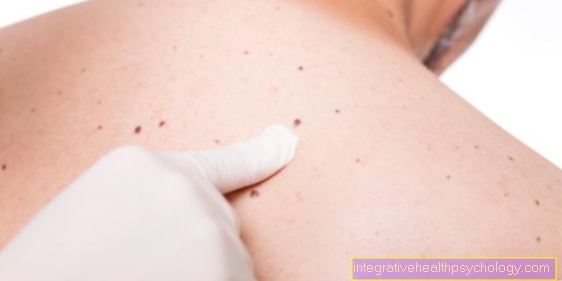
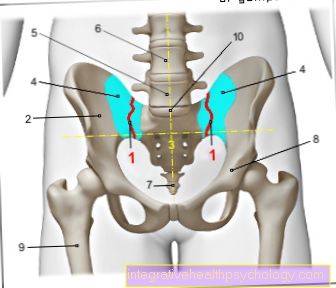
.jpg)



